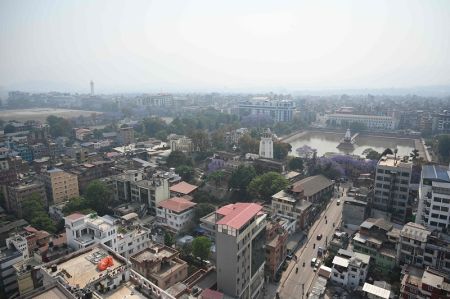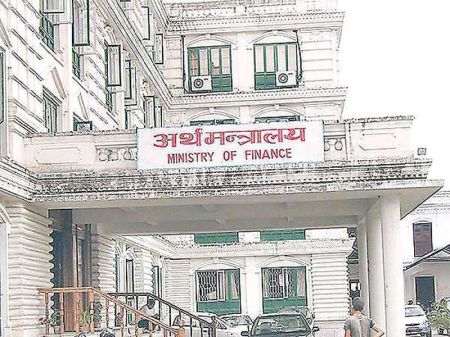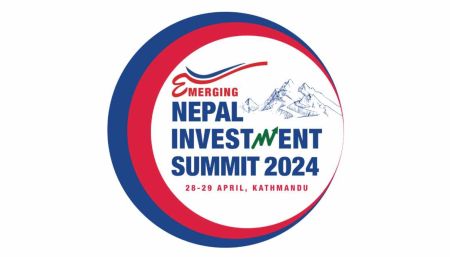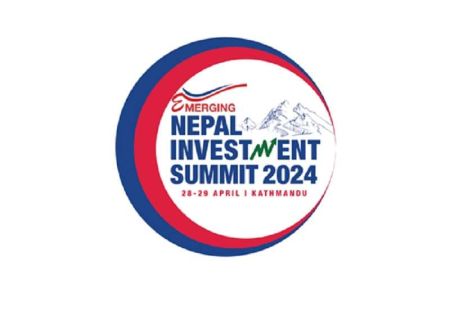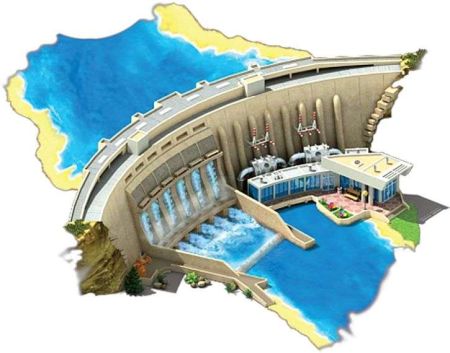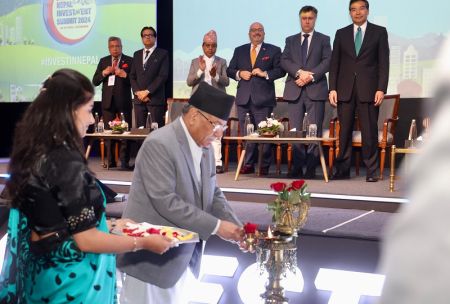
--By Suraksha Adhikari
Lately, the country has seen a lot of investment in the healthcare sector. A number of private companies have invested in the construction of hospitals among which most private hospitals have already started operation.
There is a strong presence of private sector in the domestic healthcare service industry with medical institutions like Om Hospital, B&B Hospital, Medicare Hospital, Kathmandu Medical College and Manipal Medical College. However, the latest wave of investments from the private sector shows that healthcare is now turning into an attractive area of investment.
The Chaudhary Group was perhaps the first old business house in Nepal to foray into the healthcare sector in an institutional way. The group established Norvic International Hospital (then known as Norvic Health Care and Research Centre) in 1994. Two leading private hospitals, Om Hospital and Medicare Hospital, were upgraded from nursing homes. Adding to the list, Vayodha hospital, Grande hospital, Neuro hospital, Welcare hospital and others have been established with commitment to provide high standard healthcare service.
The expansion and success of private hospitals in Nepal, the ever growing need of quality healthcare service and the poor performance of public health outlets have provided immense opportunities for the private sector. As there is a huge gap between the demand and supply in domestic healthcare services, the domestic market is large enough for private players to survive and make profits.
Private Sector in Hospital Business
Private investment in hospitals has seen a significant increase in recent years. Even big corporate houses are keen to invest in these sectors. Norvic, Vayodha and Grande International are some visible examples to show that the private sector has seen potential in healthcare business.
Of late, foreign joint ventures are slowly making inroads into the Nepali healthcare sector. Norvic Hospital has recently entered into an agreement with India’s Medanta Medicity, one of the leading hospitals in India, for technology transfer and expertise in the medical field.
Very soon, Norvic Hospital will be importing machines worth approximately Rs one billion. The machines include CT scan, MRI, and Mamogram machines, world’s latest endoscopy machines and other latest imaging equipments.
Grande International Hospital has entered Nepal with an investment of Rs 3.5 billion. The project has been promoted and managed by the CE Group in Nepal and will be under the professional supervision of an expert team from Samitivej Hospital, Thailand. The 15-storey hospital has 10 operation theatres and many added features including a wellness center, internet lounge, coffee shop, restaurants and so on. There are 18 ICUs, 12 CCUs and 4 NICs with separate medical gas supply for isolation rooms. The infrastructure in the hospitals include helipad services, wheelchair accessibility, fire fighting systems, earthquake resistance systems, complete waste management and disposal systems among others.
Vayodha Hospitals Pvt Ltd has also poured a sizable amount of money in the Nepal’s health care sector to serve the community. One of the unique features of this hospital includes the TURP Rooftop helipad for patients to be airlifted from any corner of the country within 30 minutes after getting reliable information. It also has a Physiotherapy Department with complete physiotherapy services, ICU with 11 beds, post-operative wards, an endoscopy centre, and a Eurology department including Mini PCNL, Pathology Department, in-house pharmacy and ambulance that is available 24 hours for normal and critical patients. Vayodha has signed an exclusive agreement with Fortis Escorts Heart Institute, New Delhi for an Excellent Cardiac Care in the hospital. Fortis Escorts will appoint a full time Invasive Cardiologist at Vayodha along with a trained medical team.
Along with these, many other private hospitals are being established in Nepalgunj, Dang, Biratnagar and other parts of Nepal. Gopi Neupane, General Secretary of the Association of Private Health Institution of Nepal (APHIN) said that there are 366 private hospitals in the country with an investment of approximately Rs 30 million.
Hospitals in Nepal: Private hospitals and Government hospitals
According to data from the Ministry of Health and Population (MoHP), there are 366 private hospitals in Nepal among which 99 hospitals are located in the Kathmandu Valley. In comparison, 123 government hospitals are under the MoHP which proves the vast gap between private and government hospitals in Nepal.
Challenges in the business
With public health service still not being effective despite the government pumping in billions of rupees, the private sector’s entry is believed to make healthcare services better, professional and more reliable. However, there is also the question of affordability. Will the common people have access to these high-end medical facilities? Will they be able to access services? These are some pertinent questions. Private hospitals are also facing various hurdles in government regulation. The government has been imposing heavy taxes upon these hospitals. “Being service-providing institutions, private hospitals should not be imposed various taxes but the government neither removes tax from us nor facilitates us as an industry sector,” says an official at Norvic Hospital. The government also does not help these hospitals in importing equipments and technologies.
Besides this, private hospitals established some years ago are also facing problems with the parameters that the government has set up recently. Parameters such as environment assessment tests, earthquake resistant building, etc are some which hospitals cannot comply with. As the buildings have been constructed a long time ago, it would be next to impossible to impose these parameters on them.
With these complications, private hospitals are still making their way towards a progressive future with their promptness, efficiency and quality services in the healthcare sector which is the ultimate desire of all citizens. Following the slogan “Health is Wealth”, they have been able to attract a large size of the population with their reliable services.









